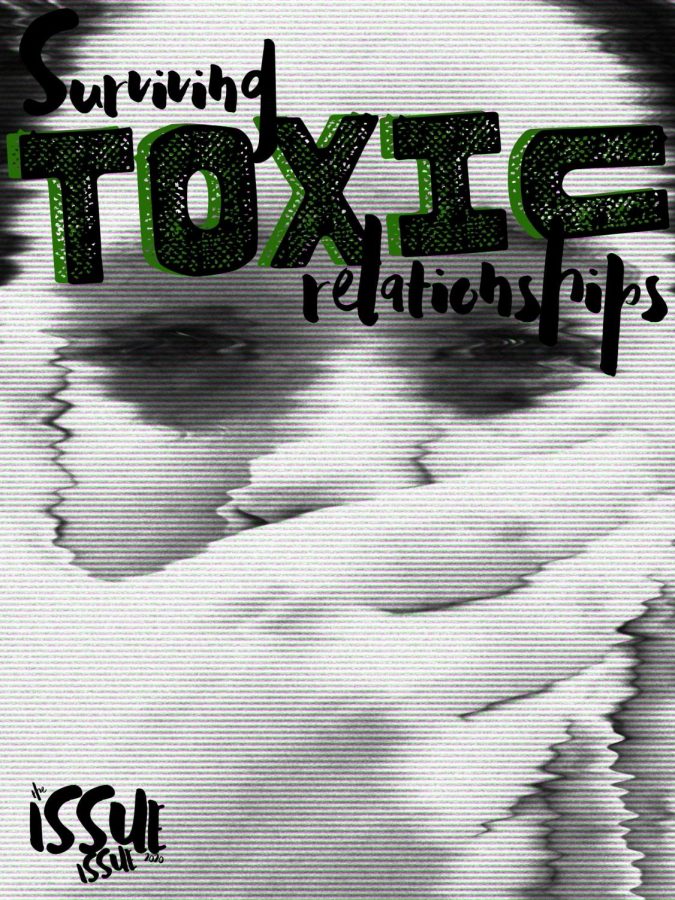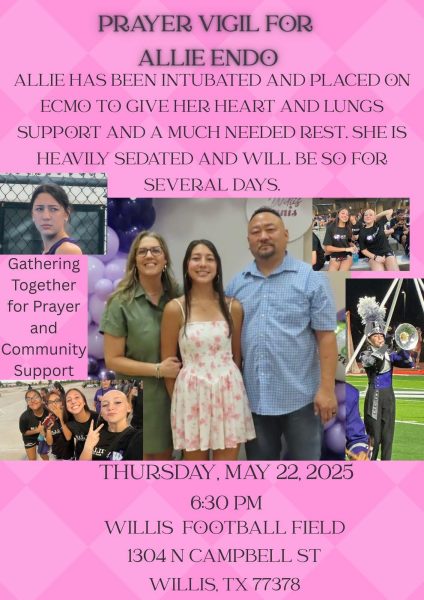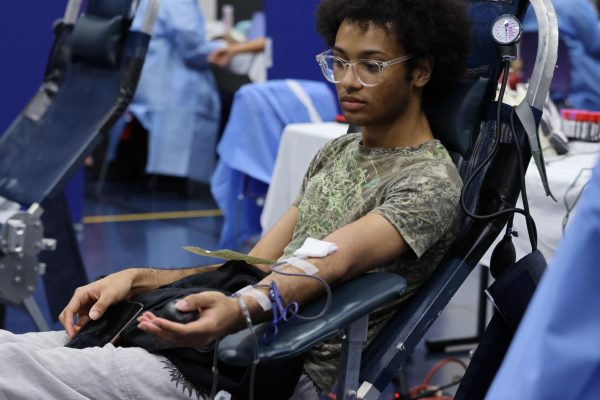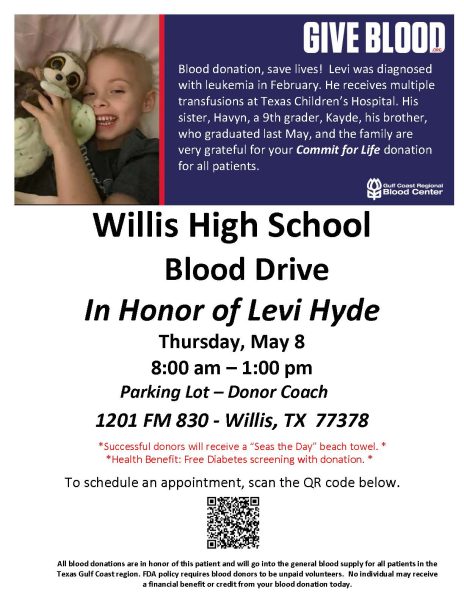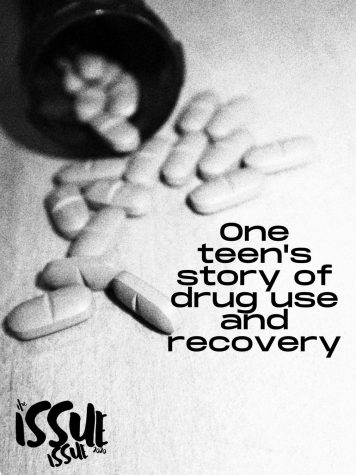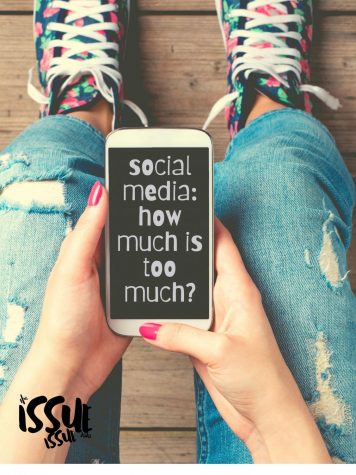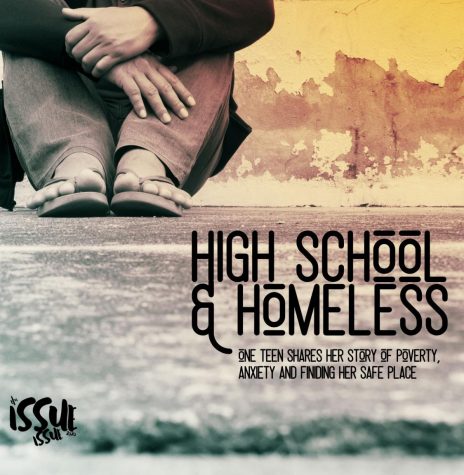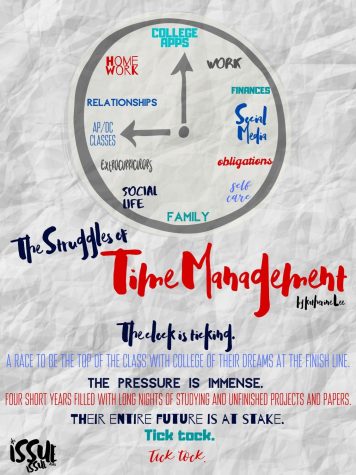Surviving toxic relationships
photo or infographic by Katherline Lee and Caleigh Nabors
Surviving Toxic Realtionships is the first story in the series. All stories marked with the Issue Issue logo were written as part of an in-depth project of the newspaper staff.
Editor’s note: The Voice of the Wildkats staff worked on a series of in-depth articles for what we named The Issue Issue. Our staff members wanted to write articles about things teens really wanted to read about. Our goal was to send the magazine to the publisher the week we returned from spring break. Since school is out until May 4th or longer, we wanted to publish these stories. An important role of journalism is to help the public, and it is our hope that these stories will open dialogue and encourage students to get help if they are going through tough times. All articles will have The Issue Issue logo displayed. They will also be under a special menu. It is our hope to let students know they are not alone. There is hope no matter what you are going through.
It started with him wanting me to move away from my family and lose touch with friends.
She told me to drop my girl best friend of 10 years.
He said he didn’t mean for me to bruise.
I see him throw glass at my mom but I feel helpless.
She said she would hurt herself if I left.
The above sentences are fictional, but toxic relationships are all too real. Toxic relationships are hard to define since there are so many levels.
According to a TIME magazine article, the term was coined by Dr. Lillian Glass in 1995. Dr. Glass says a toxic relationship is a couple who don’t support each other. More specifically a relationship “where there’s conflict, where there’s competition, where there’s disrespect and a lack of cohesiveness.”
Toxic relationships can be more than just a lot of arguing. Many times toxic relationships lead to physical and mental abuse.
“I have been through lots of different types of abuse while growing up whether it was mental or physical,” junior *Abbi said. “I realized what he was doing was not normal once I got to the point of depression.”
Many people who grow up seeing or being abused are most likely to continue the cycle when they are older, but it is not impossible to break it. By learning from past abuse people are able to turn the negatives into positives to better themselves and to realize the difference between healthy and unhealthy relationships.
“My friends and family started telling me to end the relationship after he would hold me down and would not let me leave the room,” Abbi said. “He would cover my mouth if I ever tried to tell him my side of any story. He would cheat on me and manipulate me to make me feel bad that I confronted him. It took confrontation and integrity to realize I had gotten myself into a situation I wish I would have seen sooner.”
When helping a friend or a family member who is in an abusive relationship always focus on them not the abusive partner or home life. Even if the friend still stays with their partner or isn’t able to get out of their house, it is important they still feel comfortable talking to a friend about it.
“I am not able to make a person leave their partner I can only give advice and get them on the right track,” counselor Lori Van Dresar said. “That’s the dilemma we have as counselors because we don’t have the force to do anything unless their life or someone else’s life is in danger, and that’s when we are liable by law to let their guardian know.”
Teachers and especially counselors are trained specifically how to handle any type of abuse in the home.
“If that person or their friend comes to me and reports an abusive home life, I am immediately able to report to CPS and I get other school administrators for support on the situation to help make sure the student is protected,” Van Dresar said.
There is more than just physical abuse, and it’s often not the first one an abuser will use. Most of the time it starts with verbal and mental abuse.
“What some people don’t see as abuse is more than a significant other hitting you,” senior Jenny said. “For me I grew up with my father being very abusive to my mother which I had to watch every night and later on he became abusive towards me. It started with him telling me I am worthless and no one will ever want me. Then the hand prints started appearing on my arms,” senior Jenny said.
Children who grow up in an abusive household are most likely to suffer from mental illnesses such as depression and anxiety when they are older from burying childhood traumas. Children usually try and protect the non-abuser by not speaking out because they fear their family breaking up or someone going to prison.
“My mother would try to defend me but it ended up with her being hurt in the end,” Jenny said. “I wasn’t able to just leave and not come back because those are my parents and I had no one else to go to. I just had to sit and wait for the soberness to start then I was able to go to sleep and not have to worry until the next time his hand touched the whiskey bottle.”
A child seeing abuse in the household may make them normalize how relationships are supposed to be. It may make them continue the cycle if they don’t receive proper help to see that it should not be normalized. For a teacher, manipulation was how the toxic relationship turned abusive.
“It took a long time to get out of my marriage because abusive people are manipulative,” Michelle said. “I was isolated from my family and friends. I was always told it was my fault for anything, and I believed it. One day I looked in the mirror and saw the kind of person I had become. I had become something I would never want my daughter to be like. I took that first step and called a family member to come get me after it had gotten to the worst.”
Healing from toxic relationships takes time and help from friends and sometimes professional help is needed.
“Even after the divorce and the communication stopped it still took four years to be free,” she said. “Four years of him driving by my house, my job and trying to contact me through my daughter.”
Getting away from abuse is not easy; it takes months and even years to fully recover. Even when in new relationships, victims may still be stuck in a mental place that isn’t healthy and fighting that battle alone makes it harder to fully let go. Eventually with time, therapy and help from friends and family, victims can realize their worth.
“You have to slowly rebuild yourself. You have to learn to forgive and love yourself again. I decided it was not going to define me for the rest of my life, it may have shaped me into the person I am today but it will never define who I will be,” Michelle said.
*all names have been changed to protect the identity of the students and teacher. All the people interviewed in the story are safe and have sought help. The National Domestic Violence Hotline is also available for 24/7 guidance at 1-800-799-7233.
Your donation will support the student journalists of Willis High School. Your contribution will allow us to purchase equipment and cover our annual website hosting costs.
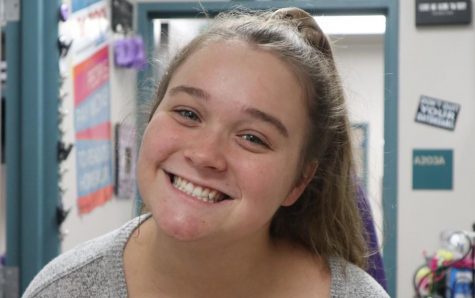
Caleigh is a senior, four year journalism student, and a three year newspaper staff member. She is attending Sam Houston State University this fall where...



